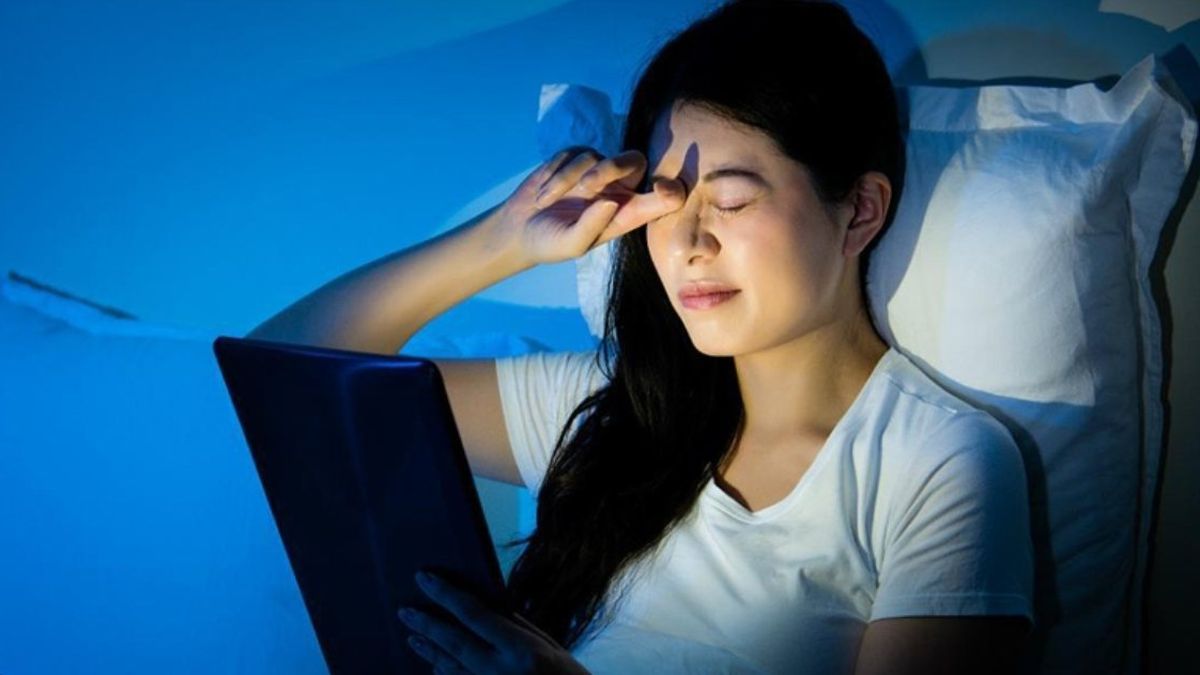He use of electronic devices before sleepingknown as ““vamping”, is a prevalent behavior in most adults today, with recent studies showing that up to 95% of them use technology right before bed. This habit, which takes its name from the nocturnal activities of vampires, suggests how devices can drain our essential rest time.
He vamping Not only does it interfere with our sleep cycle, but it also triggers a response in the brain similar to other addictive behaviors. When browsing social media and consuming digital content, the intermittent release of dopamine in our brain reinforces the behavior of continuing to scroll for more content. This constant search for instant, yet momentarily pleasurable, gratification can lead to a feeling of emptiness and anxiety after hours wasted on strangers’ profiles, listening to gurus, or reading negative comments online. This constant flow of dopamine encourages us to seek “a little more”creating a cycle that is difficult to break.
Physiologically, the effect of blue light of screens at night suppresses melatonin production, disrupting our circadian rhythm and making us more susceptible to insomnia and poor quality sleep. On a cognitive level, Lack of restful sleep negatively affects our mental abilities such as attention, memory, and problem solving, which can impair our daytime performance.
On a personal level, Using devices at night can transform rest areas, such as the bed, into activity spaces, altering the brain’s perception that the bed is for sleeping. This not only decreases the quality of rest but can also erode intimate and family relationships by reducing direct interaction and creating emotional distance.
At the social level, the vamping fosters misunderstandings and communication difficulties due to lack of face-to-face interactions and fatigue. Furthermore, the compulsive behavior of not being able to stop scrolling through networks can increase the feeling of loneliness and social isolation, despite the perception of being connected.
Blue Light.jpg
Given this reality, Many people look for quick fixes like sleep medications, but these treatments can be addictive and do not address the underlying problem. It is essential that we reconsider and regulate the use of devices before bed to protect our mental health and restore the quality of our relationships.
In conclusion, vamping is more than just a nighttime habit; It is a serious problem that affects our physical, mental and social health. It is imperative to address this behavior, understanding the effects of dopamine and the need for adequate rest to improve not only our night’s rest but also our quality of life and interpersonal relationships.
PhD in Psychology, specialist in neurosciences and online therapy.
Source: Ambito
David William is a talented author who has made a name for himself in the world of writing. He is a professional author who writes on a wide range of topics, from general interest to opinion news. David is currently working as a writer at 24 hours worlds where he brings his unique perspective and in-depth research to his articles, making them both informative and engaging.




